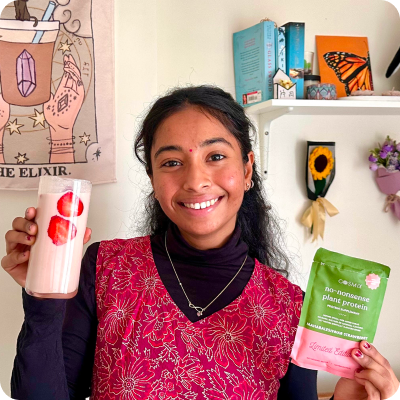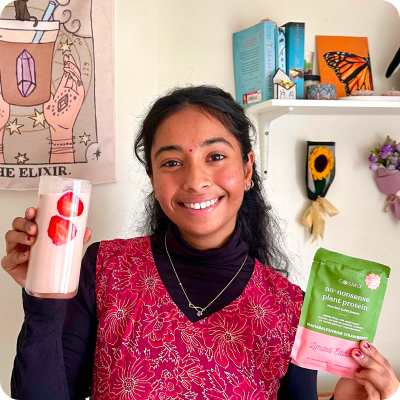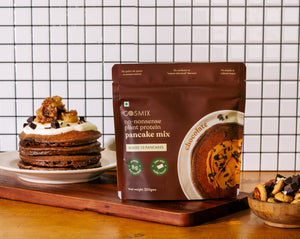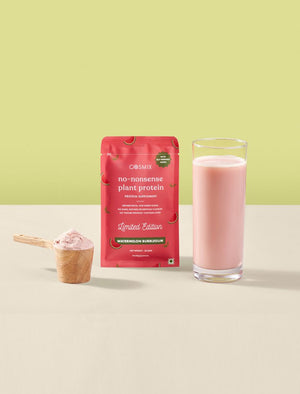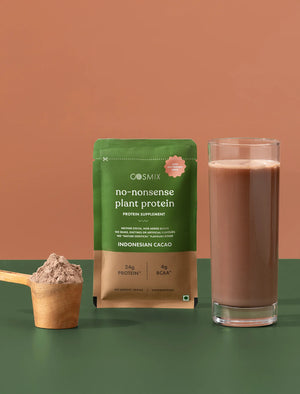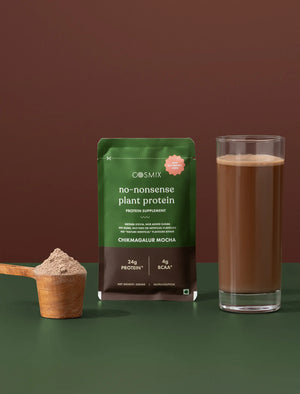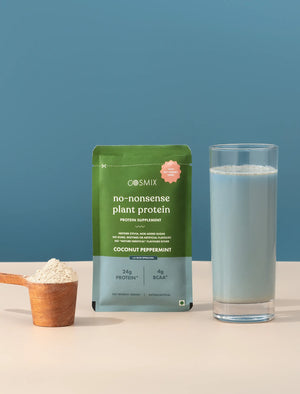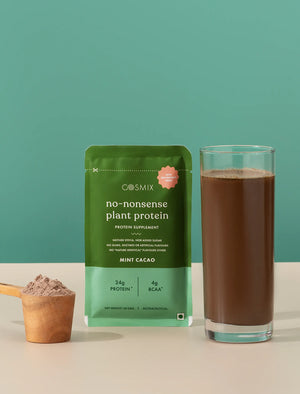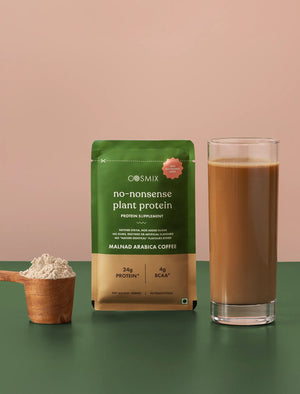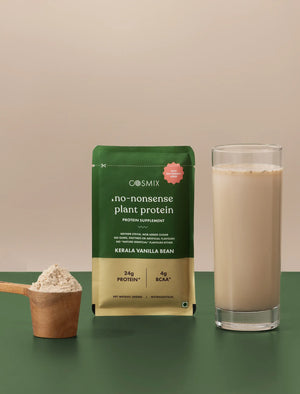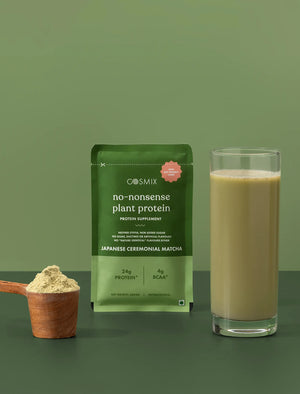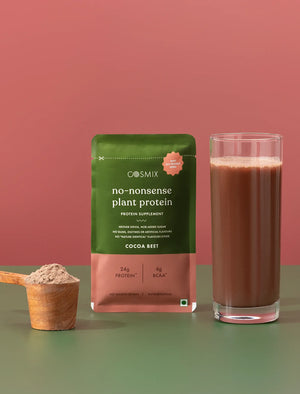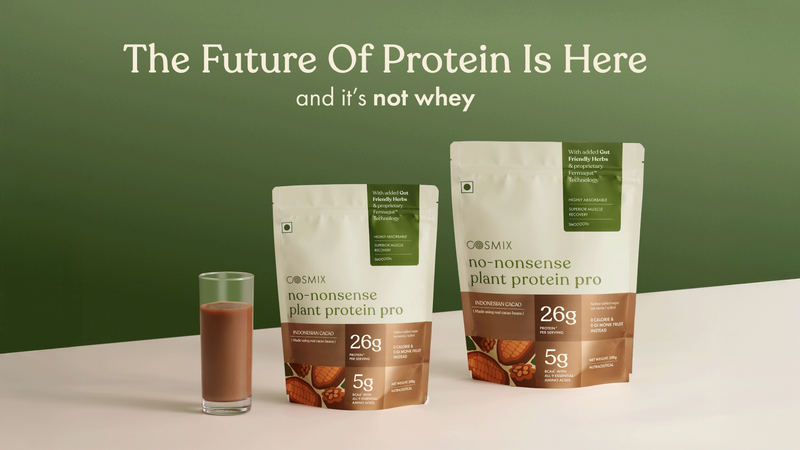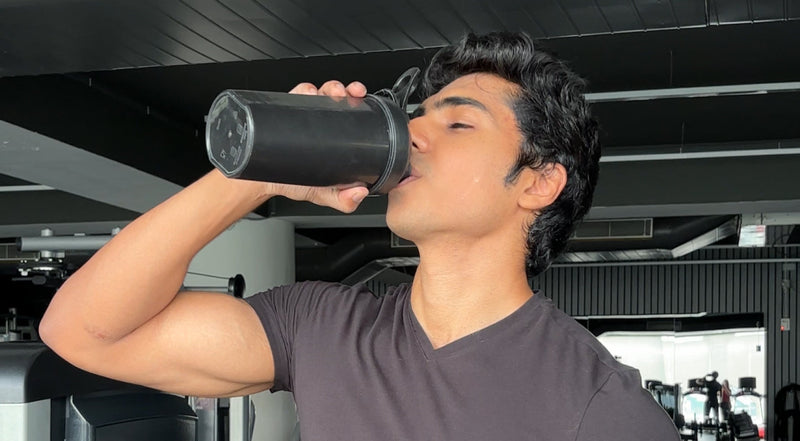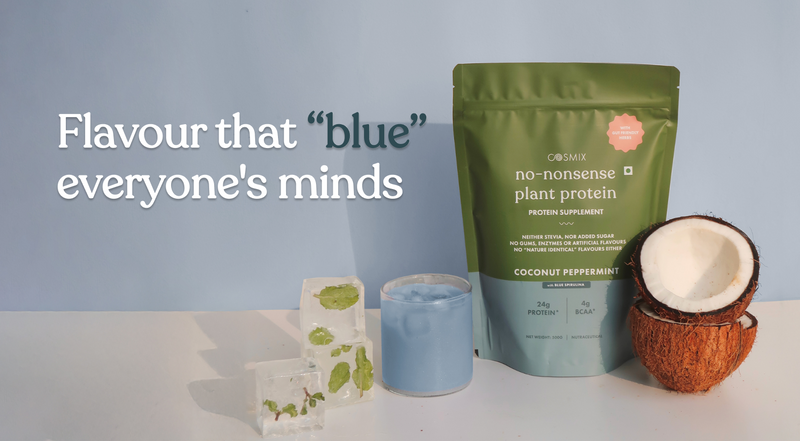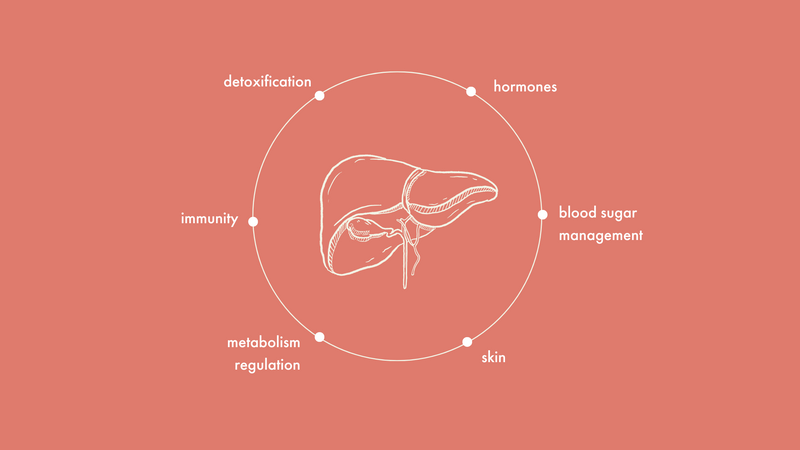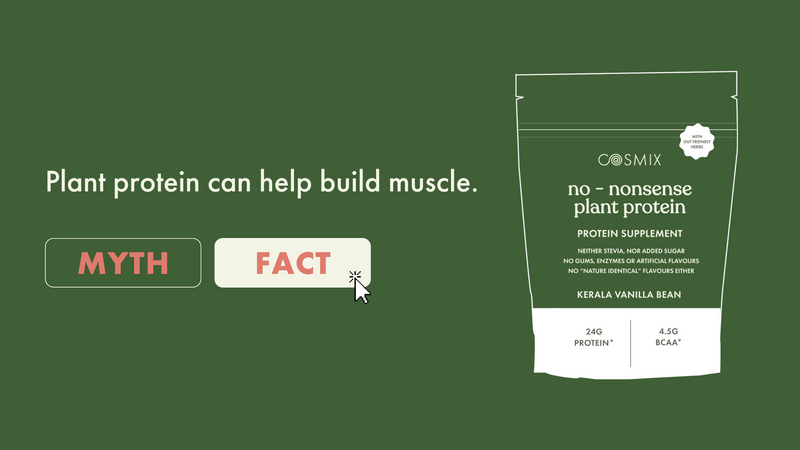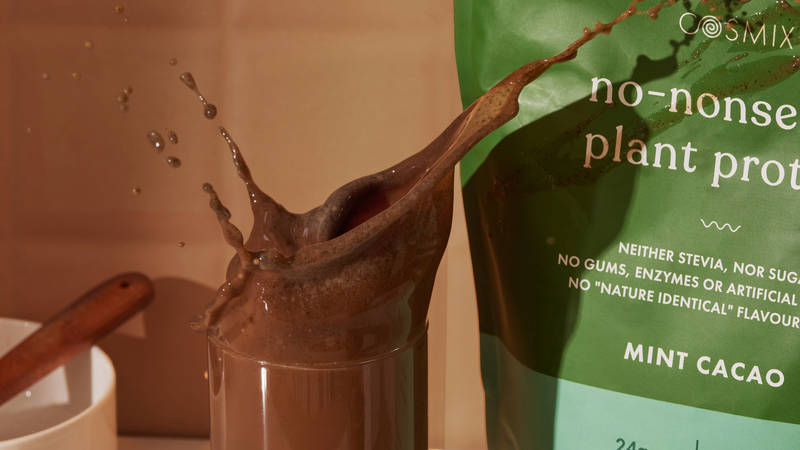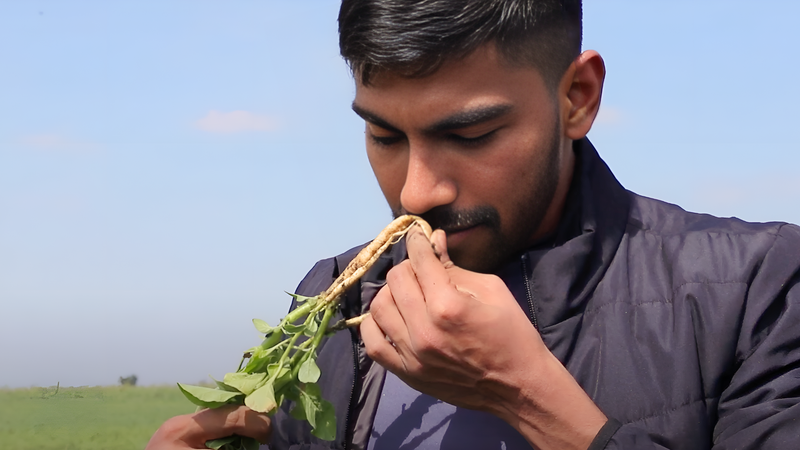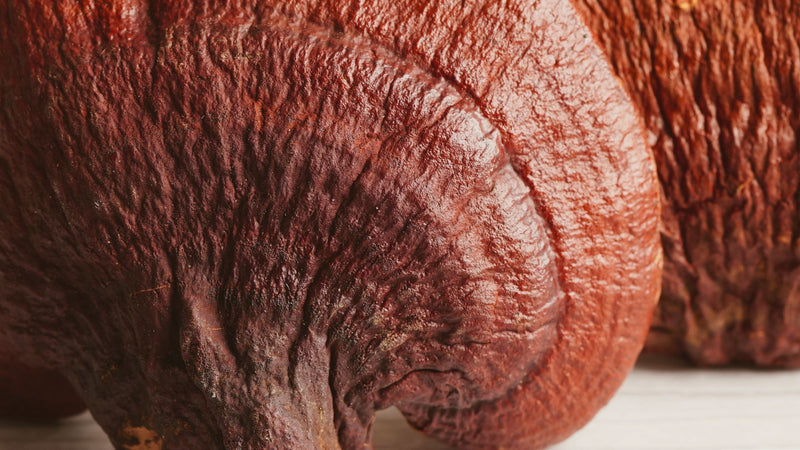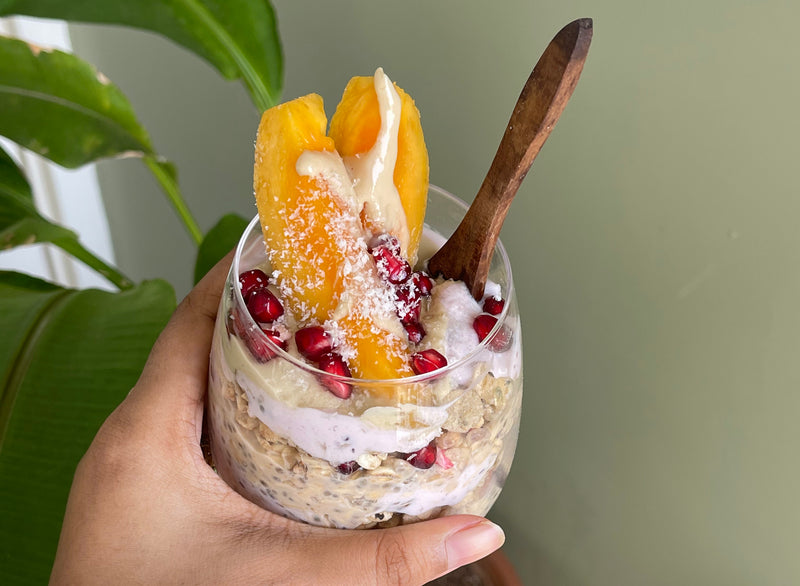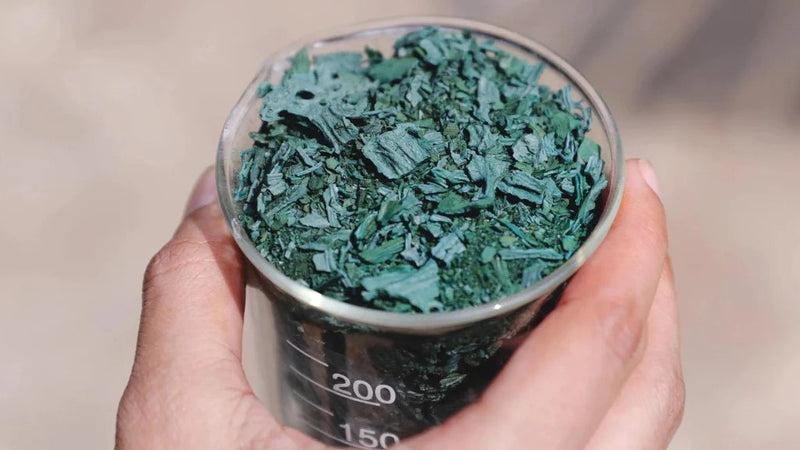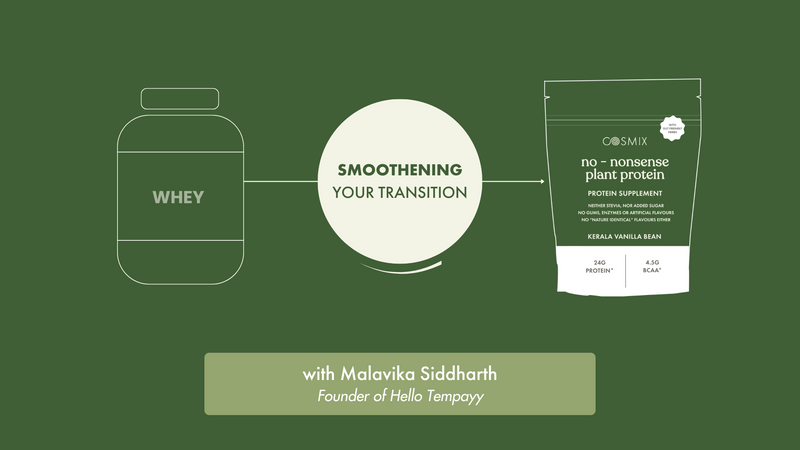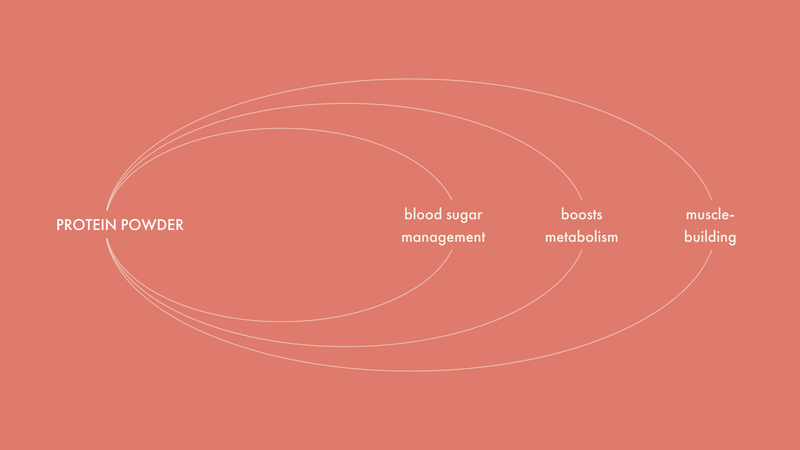In today’s social media-driven world, the "gym bro" culture has popularized the concept of lifting weights, making it almost impossible to scroll through your feed without encountering someone showcasing their latest gains. While the younger generations are fully embracing this trend, there’s still a cloud of skepticism lingering over the older demographic. Many from our parents’ and grandparents’ era remain unconvinced about the benefits of strength training, often dismissing it as something reserved for the youth.
To shed light on this topic, we sat down with Swetha Devaraj, an endurance athlete, fitness coach and an educator, who is also an animal flow master instructor for India and passionately advocates for the benefits of strength training at any age. Join us as Swetha shares her personal journey, debunks myths, and provides invaluable insights on why lifting weights might just be the fountain of youth we’ve all been searching for.
Cosmix: Hi Swetha! Thanks for taking the time to chat with us today.
Swetha: Hi, it’s my pleasure! How are you doing?
C: All good, thank you! We’re eager to learn more about how strength training and conditioning can benefit our bodies as we age. To start with, could you tell us a bit about your personal journey with strength training? When did you start, and what made you realize it was right for you?
S: Absolutely! I started training with weights when I was a teenager because I played professional tennis. That was my first introduction to strength training with a specific goal in mind, and I think I enjoyed it a lot because I’m naturally very athletic. I continued weight training until I stopped playing college tennis in the US. Then, I picked up long-distance running, which required a different kind of strength training, so I switched to weight training specific to running. During this period, I also dabbled in CrossFit when it first became popular in the US and absolutely loved the way that felt. To summarize, strength training has been a part of my life in different ways, and even when I moved on from a sport, the weights didn’t leave. That made me realize how important it is very early in my life, and I saw myself thriving in every other aspect because of my training style.
C: It’s fascinating how your journey evolved with different sports. Do you feel that lifting weights is just a modern trend, or is it something that has deeper roots in our history?
S: Weight training is not a recent trend at all. It’s actually a long-standing practice that has the potential to enhance the quality of life, although it wasn’t widely embraced in the past. Weight training has been around for centuries and has been used by various cultures for different purposes, such as improving strength, endurance, and overall physical fitness. While it may not have been as popular in the past as it is today, the benefits of weight training have been recognized for a long time. It can indeed enhance the quality of life by improving muscle strength, bone density, metabolism, and overall health and well-being.
C: That’s so true! Let’s delve into why strength training is particularly important as we age. Can you elaborate on that?
S: Of course! Weight training becomes crucial, especially as we age, because it helps maintain muscle mass and bone density, both of which tend to decline with age. By incorporating weight training into the routine, there is an improvement in strength, balance, and overall quality of life. Additionally, weight training can help prevent age-related conditions such as osteoporosis and sarcopenia, making it a crucial component of healthy aging. Prioritizing weight training can greatly benefit us as we age by promoting physical independence and reducing the risk of injury. It’s not just about staying fit, it’s about ensuring that you can continue to live life to the fullest, maintaining your mobility, and doing everyday activities without assistance.
C: It’s compelling to hear how beneficial it is. Do you think this applies differently to women, particularly as we age?
S: Women, in particular, benefit immensely from weight training. It helps with fat loss, improves joint health, bone density, blood sugar regulation, hormonal health, builds muscle, boosts metabolism, and improves body composition with functional strength. This all leads to a lot more confidence internally. When women age, their bodies undergo more noticeable changes than men’s due to higher hormonal levels. In menopause, these changes become even more significant, resulting in the depletion of various factors and potentially causing several issues if the body is not adequately prepared.
For instance, during menopause, a woman’s body is depleted of the main sex hormones estrogen and progesterone. Estrogen has a fat-mobilizing effect, encouraging the use of stored fat for energy, while progesterone influences appetite and energy expenditure. Studies have shown that muscles can take over these functions in a menopausal woman, aiding in hormonal balance, especially when it comes to insulin sensitivity. Indeed, I tell all my clients that muscles act as glucose disposal agents. When engaging in exercise, glucose is utilized by muscles as the primary source of energy. Research has provided evidence that women with a higher muscle-to-fat ratio can effectively eliminate excess glucose or carbohydrates consumed the night before through weight training.
C: That’s incredibly insightful. How does strength training help with common age-related issues like mobility and strength loss?
S: Maintaining muscle mass and bone density, improving strength and balance, and preventing age-related conditions all contribute to better mobility and reduced strength loss as we age. Weight training strengthens not just the muscles but also the tendons and ligaments, which can help with joint stability and flexibility. This is crucial for preventing falls and injuries, which are common concerns as we get age. Additionally, the improved strength and coordination from weight training can make everyday activities easier and less taxing, which is a significant quality-of-life improvement.
C: Do you have older clients, and if so, do they need more encouragement to get into strength training?
S: Yes, we (@sweatyninjas) train older clients between the ages of 40-70. They do need more guidance, especially if they aren’t familiar with weight training. The bigger challenge is changing their mindset, as many believe that walking is enough exercise and that “weights are for younger people,” which is not true. Once they understand the benefits and see the positive changes in their bodies and health, they become more open to it. It’s about educating them and showing them that strength training is safe, effective, and crucial for their overall well-being.
C: What advice would you give to someone just starting their strength training journey?
S: The most important point to remember is that this is “their journey alone and not to compare themselves with others.”
- Work with a trainer who understands progressive overload, meaning someone who believes in easing into a routine starting with something very easy and slowly increasing the intensity of training over time.
- Don’t be under the impression that a good workout needs to leave you in a sweat puddle and make you feel like you went to war! It’s all about quality.
- You don’t need to lift every day; plan your routine in a way where you also give time to recover.
- Prioritize protein consumption to complement weight training; they go hand in hand in building a stronger you.
- Finally, learn to enjoy the process. A workout is not a punishment. If you are not enjoying it, there is something you need to change. Always communicate with your trainer, and if the trainer doesn’t listen, change the trainer!
C: Thank you Swetha! This chat has been very insightful. We can’t wait for our audience to read and learn from it!
Well, there you have it. To summarize, Swetha Devaraj's insights highlight the importance of maintaining muscle mass, improving bone density, and enhancing overall well-being through consistent weight training. By embracing strength training, we can enjoy a higher quality of life, greater physical independence, and reduced risk of age-related ailments as we start to age. Remember, it's never too late to start, and the journey is uniquely yours! Enjoy the process and prioritize your health every step of the way.
To support herself in her fitness journey, Swetha has been incorporating Cosmix mixes into her routine. Some of her favorites are Indonesian Cacao No-Nonsense Plant Protein, Immune Shroom Coffee Booster, My Happy Gut and Bring Me Bliss. We’ve actually gone ahead and created a bundle of these mixes for you to check them out!
About Swetha Devaraj (@sweatyswetha on Instagram)

Swetha Devaraj is a healthcare professional turned fitness coach who left her job as a vascular radiologist at Jain Hospital in Bangalore to pursue her passion for fitness full-time. Even though she has been an athlete for most of her life, she has accumulated more than 15 years of coaching experience. Her journey as a full time trainer started in 2016 at a CrossFit gym leading her to explore various forms of fitness.Swetha is now an Animal Flow Master Instructor and Co-Founder of @sweatyninjas, where she dedicates her time to teaching, training, and transforming lifestyles through online training, inspiring thousands of people.
